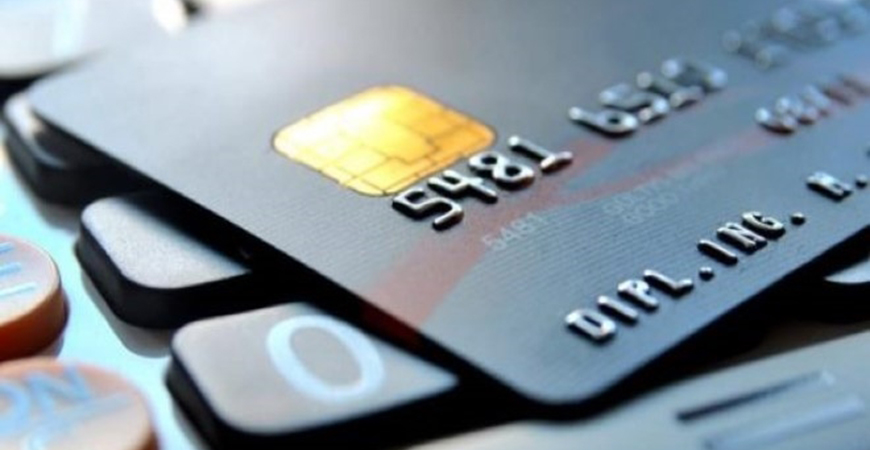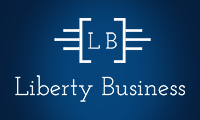Opening A Bank Account in the U.S.

OPENING A BANK ACCOUNT IN THE U.S: WHY FOREIGNERS SHOULD OPEN BANK ACCOUNT?
There may be various reasons for you to open a bank account in the United States, as a non-resident or non-citizen: You may either be a student depending on F-1, M-1 or J-1 visa status; or often and regularly visit the U.S. and naturally want to avoid high amount of fees and charges due to frequent credit card & bank transactions; or have commercial relationships with U.S. companies and receive payments from their accounts; or plan to live, invest, or work within the borders of U.S. on a semi-permanent basis.
Before applying for opening a bank account in the United States, the first to consider shall be that the process is relatively more complicated and time-consuming, when compared to the requirements asked for when a U.S. citizen tends to pass through the same procedures; since the banking practices applicable to foreigners be defined as “a bit strict”. The core reason underlying this is the purpose of the federal authorities to hinder some specific money laundering operations and illegal transactions, particularly linked to terrorist activities. Nevertheless, the only thing you need to do to create an account in any bank functioning in U.S. is to follow the certain rules, which we would also briefly address in this article.
OPENING BANK ACCOUNT IN THE U.S: REQUIRED DOCUMENTS
One option comes to mind, for anyone willing to more easily create a new bank account, might be setting up an online one. However, preferring this method does not appear as an effective solution for foreigners, since the process takes longer time and the probability for a potential risk of disapproval is high. Many banks would ask you, as a non-permanent resident or non-citizen, to come to a branch in person and complete the application procedures in person (even though you have previously stated the process via online tools), in order to be able to accurately verify your identity and other required personal information.
The essential documents and information could be listed as below, when you stop by a branch of bank to open an account:
-
ID with Photo: The Passport is mandatory, while the banks may require you to provide some additional ones, such as student ID or driver license.
-
Proof of Address: Most of the banks would oblige you to present them a physical address when conducting bank account opening procedures. The branch may accept some documents (e.g. utility bill on your name; official letter from your prospective landlord, university, or employer) to approve that you do have a valid U.S. address, even not permanent and limited to a period of lifetime. At this point, obtaining a virtual street address (the option which enables your business to have a real but virtual street address) might stand as a solution. However, even in this situation you would probably still require to provide the information for a physical place of work, with an office or home address; therefore, just make sure that the location you are signing up for would be accepted and approved by the bank.
-
Social Security Number (SSN): A non-citizen or non-resident in U.S. does not need SSN when benefiting many services, including opening bank account. Nevertheless, though SSN is not a must for a foreigner in setting new bank account, having one would definitely enable you to complete the process in an easier way. Some classes of legal status, such as foreign students on F-1, M-1 or J-1 visas; immigrants, and non-immigrants who are allowed to work, may receive and benefit from SSN number without a citizenship.
-
EIN (Employer Identification Number) or ITIN (Individual Taxpayer Identification Number): For opening of some certain accounts, the bank shall ask for some extra documents of EIN (the number assigned by IRS) in case of establishing a business or ITIN (number provided to persons who are not eligible to receive an SSN but required to furnish a federal tax identification number or file a federal tax return; e.g. nonresident alien who is required to file a U.S. tax return, dependent or spouse of a U.S. citizen/resident alien, dependent or spouse of a nonresident alien visa holder, non-resident alien claiming a tax treaty benefit, non-resident alien student, professor or researcher filing a U.S. tax return or claiming an exception) from a non-SSN eligible applicant.
-
Initial Deposit: Though the amount varies from bank to bank and from branch to branch, every bank shall require you to deposit an initial amount, either low or high.
-
Other Legal Documents: Depending on your specific status, the branches may ask you provide them with some additional documents, such as concerning immigration status.
WHICH BANK SHOULD BE CHOSEN?
Meanwhile, it is of critical importance to choose what type of and which bank when opening the account. One of the best alternatives could be to prefer global banks such as Citibank, HSBC, or Barclays, which also present in your home country within scope of their overseas operations. This may enable you to have your “home” bank coordinate with its partners or other branches in setting up the account, prior to your arrival in U.S. Moreover, opting for countrywide functioning banks with large volumes –just like the international ones we have just mentioned-, such as Bank of America, Wells Fargo and TD Bank, might also seem rational and makes sense due to their strong institutional structure that is available for appropriate customer response. On the contrary, the relatively more regional-oriented banks generally do not offer flexibility in their transactions and that may lead significant setbacks for the non-citizens or non-residents to manage account opening procedures. In conclusion, out of all those said, Wells Fargo, Citibank and Bank of America could be specified as the prominent selections in terms of providing relatively fair and detailed policies for foreigners willing to deal with banking activities in a more feasible way.
Apart from these, you shall be aware that the banks would offer two main bank account types named “checking account” and “saving account” at the beginning of the process. The checking account deals with daily and common banking services and transactions, such as access to online banking, transfer among various accounts, managing recurring payments and bills, providing debit cards, and direct debits; while the saving account allow you to earn interest over the money deposited, surely with some withdrawing restrictions. Besides, as soon as you open a new account, the bank would provide you with a “debit card” which enables you to withdraw/deposit money and manage shopping transactions, even the online ones. The only difference from the credit card of the debit card is not allowing installments and hire-purchases. On the other hand, obtaining a credit card shall require a “credit history”, thus you would probably not be able to benefit from using that sort of card not before you spend some time in U.S. and create a credit history.
The last but not the least, please kindly remember that the banks in U.S. do not have a IBAN number which identifies your account and supports international money transfers. Rather, you may prefer “SWIFT” called transfer type, when receiving money from your own country. Anyhow, needless to say, certain amounts of fees would be charged for those transactions.
As conclusion, the one who plans to open new bank account in the U.S. as a “foreigner” should notice that there are some particular steps to follow and rules to abide prior to commence the procedures, as briefly addressed above. In this view, keeping in mind that all those requirements stemming from federal or state based regulations, and properly tracking the legal framework obliged by the authorities would ensure everything work out all right for you when conducting processes.
